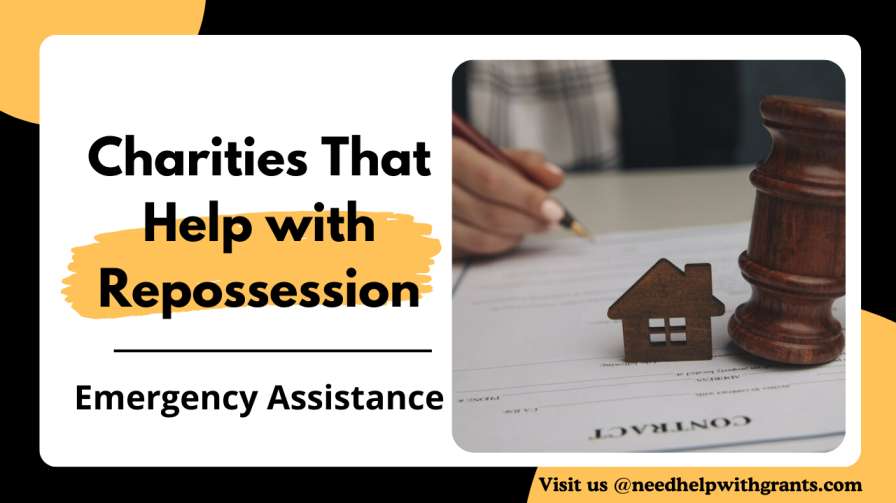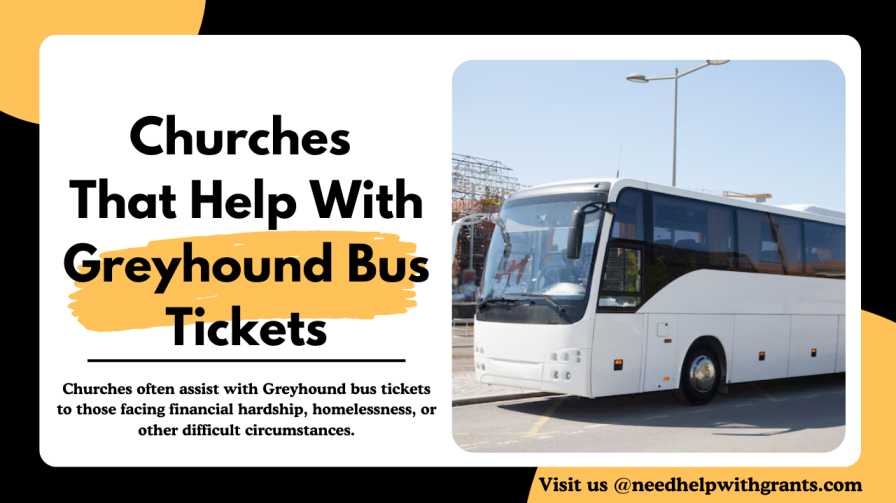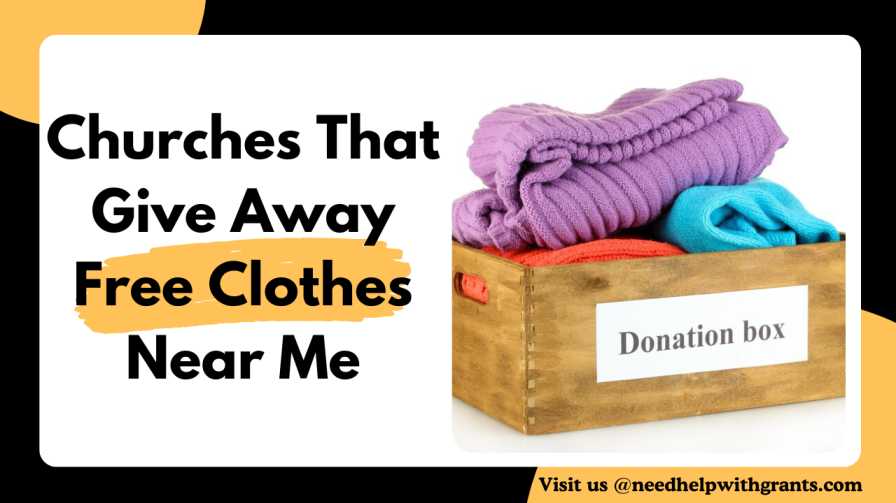Repossession is a process where lenders reclaim property due to missed payments. This is a very critical situation to overcome.
This article examines how charities intervene to provide essential assistance, enabling individuals and families to avoid or manage repossession. By offering financial counseling, legal aid, and emergency funds, these organizations play a crucial role in stabilizing lives and fostering resilience.
Types and Categories of Repossession
Here are different types and categories of repossession, including vehicle, home, and personal property.
- Vehicle Repossession
Borrowers lose their cars when they fail to pay back auto loans as agreed with the lenders. This can very much affect the ability to move around, for instance, to work or perform other tasks.
Follow the Vehicle repossession process.
- Home Repossession
Home repossession, or foreclosure, occurs when homeowners fail to meet mortgage payments. Losing a home is not only emotionally devastating but also disrupts stability and security.
- Personal Property Repossession
Furniture and other household items like televisions, refrigerators, etc, can be reclaimed if bought on credit and payments are not made. This usually worsens the financial difficulties by stripping basic needs.
List of Nonprofit Organizations and Charities That Help With Repossession
Here I have listed some nonprofit organizations and charities that help with repossession:
1. United Way
United Way offers money and support to people in need, including those who are struggling with repossession. Local branches may have special programs to assist with paying the rent or car loans.
2. The Salvation Army
The Salvation Army provides funds to assist people in avoiding repossession as a form of emergency aid. This may involve assistance with the payment of house rent or mortgage, bills, and other basic needs that are fundamental.
3. Catholic Charities USA
Catholic Charities offers different types of services, one of which is monetary support to avoid the loss of homes and automobiles. They provide counseling, emergency services, and support services.
4. Habitat for Humanity
Although the organization is mainly associated with constructing houses, Habitat for Humanity also provides financial literacy and credit services to prevent foreclosures and repossessions.
5. Modest Needs
Modest Needs provides funds to individuals and families in short-term financial difficulties to pay for emergency needs, including those connected with non-repossession.
6. Veterans Affairs (VA)
The VA has different programs for veterans to assist in housing and financial emergencies, including stopping repossession. They offer financial planning, grants, and loans to veterans who meet the set criteria.
7. Community Action Agencies
CAAs in the United States offer different types of support and services, such as housing and utility assistance. It can assist in avoiding the loss of the property through repossession.
- The Salvation Army
The Salvation Army‘s financial assistance programs are designed to help families cover mortgage payments. Their holistic approach also addresses underlying issues contributing to financial instability.
Their case management services offer personalized support, helping clients develop a plan to regain financial stability and avoid future repossession risks.
You may explore more details through https://churchesthathelpwith.com/
Financial Assistance for Car Repossession
Car repossession financial assistance can be a helpful solution for some consumers who are having trouble paying their car loans. However, it is always best to seek financial help before the situation reaches the recovery stage.
If you default on your auto loan, there is still a chance to prevent your car from being repossessed, but you must act quickly. In 2022, the average auto loan default rate was 2.28%, while the average recovery rate was 1.6%.
Car financing allows the borrower to pay off their purchases slowly. But if you unexpectedly run into financial difficulties, you may find it difficult to make loan payments.
Charities that Help with Mortgage Payments
If you have a reduction in income or have been affected financially in other ways or by other life circumstances, we may be able to help. In addition to food, clothing, and many other programs and services, Catholic Charities can help those who are struggling to make monthly rent or mortgage payments.
The Salvation Army, for instance, offers extensive support services that are not limited to offering cash help. They are more individualistic; they look at the causes of the homeowner’s financial difficulties and assist. This can involve paying for the mortgage, educating the homeowner on finances, and teaching the homeowner how to avoid such issues in the future.
Who Are Eligible to Get Repossession Help?
- Income Level: A common target group for many charities is people with low or no income or families with such income. There may be a need to provide proof of income.
- Financial Hardship: Proving that one is financially needy, for instance, through medical bills, loss of a job, or any other form of financial difficulty, can be vital.
- Residency: Certain charities may only support people living in certain regions or groups of people.
- Type of Repossession: Assistance may be available for different types of repossession, such as vehicles, homes, or other essential items.
- Proof of Need: Charities might require detailed information about your financial situation, including debts, expenses, and assets.
It’s important to contact the specific charity directly to understand their requirements and application process.
How to Apply for Repossession Help?
The application process is very easy and simple. You just need to follow the application process.
- Research Charities:
Identify charities and organizations that offer repossession assistance. You can search online, contact local social services, or ask for referrals from community centers.
- Gather Documentation:
Collect all necessary documents, such as proof of income, repossession notices, financial statements, identification, and any other documents the charity requires.
- Contact the Charity:
You can contact the charity by calling, sending emails, or contacting them through their websites. Ask them about the application procedure.
- Complete the Application:
Ensure that you complete the application form correctly and in detail. Enclosed are all the necessary papers and your statement of need.
- Submit the Application:
Fill out the application form accurately, and submit your application to the charity. This could be through the internet or directly.
- Follow Up:
Once you have applied, it is advisable to contact the charity to ensure that they have received your application and to check he current status of your application. Please be patient as processing times may take some time.
Conclusion
Repossession is a crucial situation, but with the right support and resources, it can be managed effectively. Charities provide invaluable assistance, helping individuals navigate financial hardships and prevent repossession. Seeking help early and taking proactive measures are essential steps towards financial stability and security.
For more details, you can contact us.
FAQs
How do I find local charities that help with repossession?
You can begin by using the internet, approaching the local housing offices, or going to community centers to get contacts of charities that deal with repossession.
What documents are required for the application of assistance?
Usually, you will be asked to provide proof of income, identification, mortgage documents, and any evidence of financial distress. Every charity may have its own rules, so it is better to clarify this with the representatives of the respective organizations.
Are there any long-term solutions offered by these charities?
Yes, many charities provide long-term solutions such as financial counseling, budgeting assistance, and programs designed to promote sustainable homeownership and prevent future repossession risks.
What organizations out there will give a hand financially to help get a vehicle out of being repossessed?
Organizations like Modest Needs, The Salvation Army, and Catholic Charities USA offer financial assistance to help individuals retrieve their repossessed vehicles. Additionally, local community action agencies and churches may provide emergency funds or loans to support those in need of immediate help.



